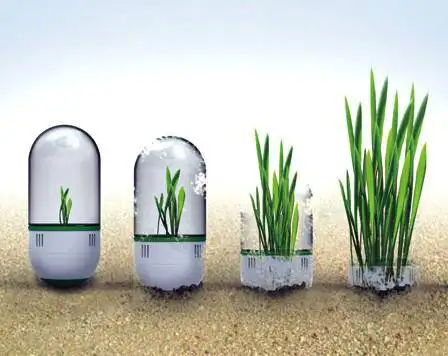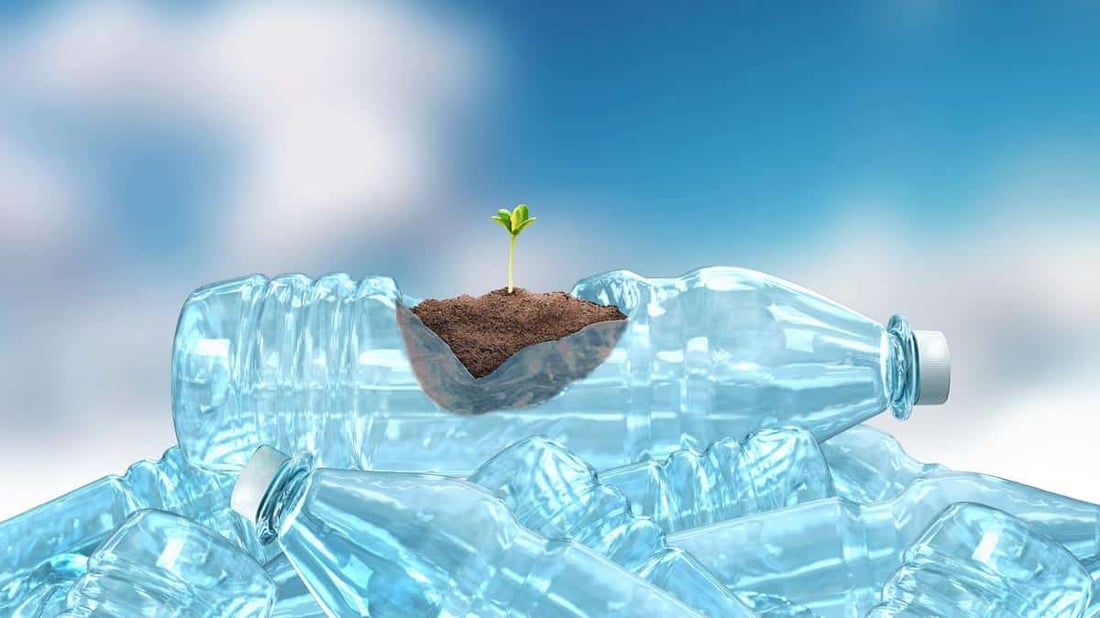Biodegradable plastics can be gradually broken down into pieces and eventually completely degraded by optimizing the
production materials and production process under the combined action of sun and rain and microorganisms over several
days or months. The main raw materials of degradable plastics are: polylactic acid, polyhydroxyl fatty acid ester,
carbon dioxide copolymer, starch, modified starch or other cellulose, photosensitizer, biodegradant and so on.
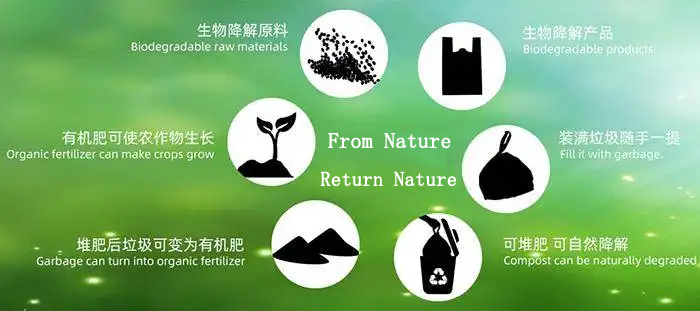
Biodegradable refers to the natural decomposition of paper, wood, plants, food and other compounds under the action of
microorganisms, which eventually form carbon dioxide, water and other common forms in nature. The ubiquitous plastic
products have made people's life easier, but the resulting plastic waste has caused a lot of pollution to the ecological
environment. The white pollution caused by plastic products led by plastic bags is endangering the natural environment
and people's normal life step by step. An important way to combat "white pollution" is to replace regular plastic with
biodegradable plastic.
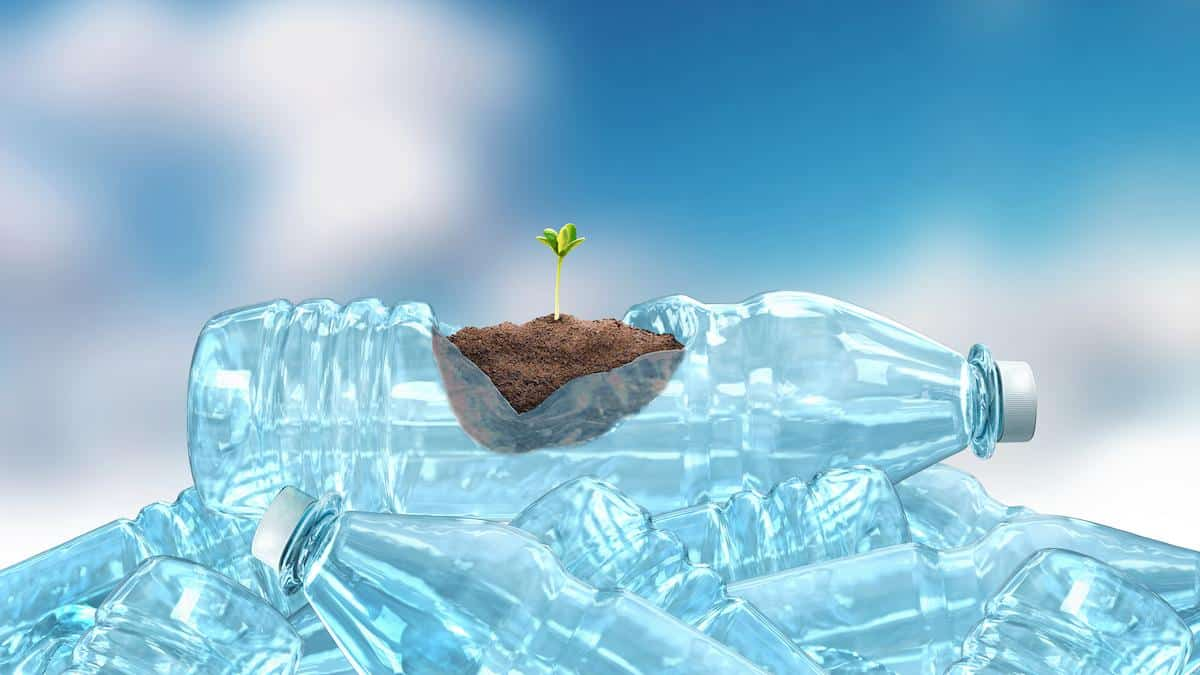
Biodegradable plastics can be gradually broken down into pieces and eventually completely degraded by optimizing the
production materials and production process under the combined action of sun and rain and microorganisms over several
days or months. At present, the main raw materials for degradable plastics are:
polylactic acid (PLA), which is polymerized from lactide monomer extracted from plant sugar, and can be completely
degraded into water and carbon dioxide under industrial compost.
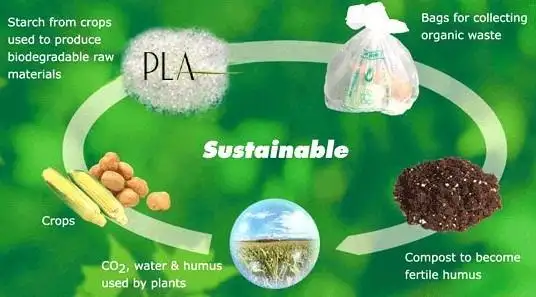
Polyhydroxyfatty acid ester (PHA), polyhydroxyfatty acid ester (PHA) is an aliphatic copolymer polyester with different
structures synthesized by microbial fermentation through various carbon sources. It can not only be used in packaging
materials, agricultural film, etc., but also widely used in medicine, cosmetics, animal feed and other fields.
Carbon dioxide copolymer (PPC), similar in appearance to polyethylene plastic, has good elasticity, can be completely
degraded in a short time in soil, and directly absorbed by plants.
Other additives, in the production process of plastic packaging products to add a certain amount of additives (such as starch,
modified starch or other cellulose, photosensitizers, biodegraders, etc.), so that the stability of plastic decline, easier to
degrade in the natural environment.
